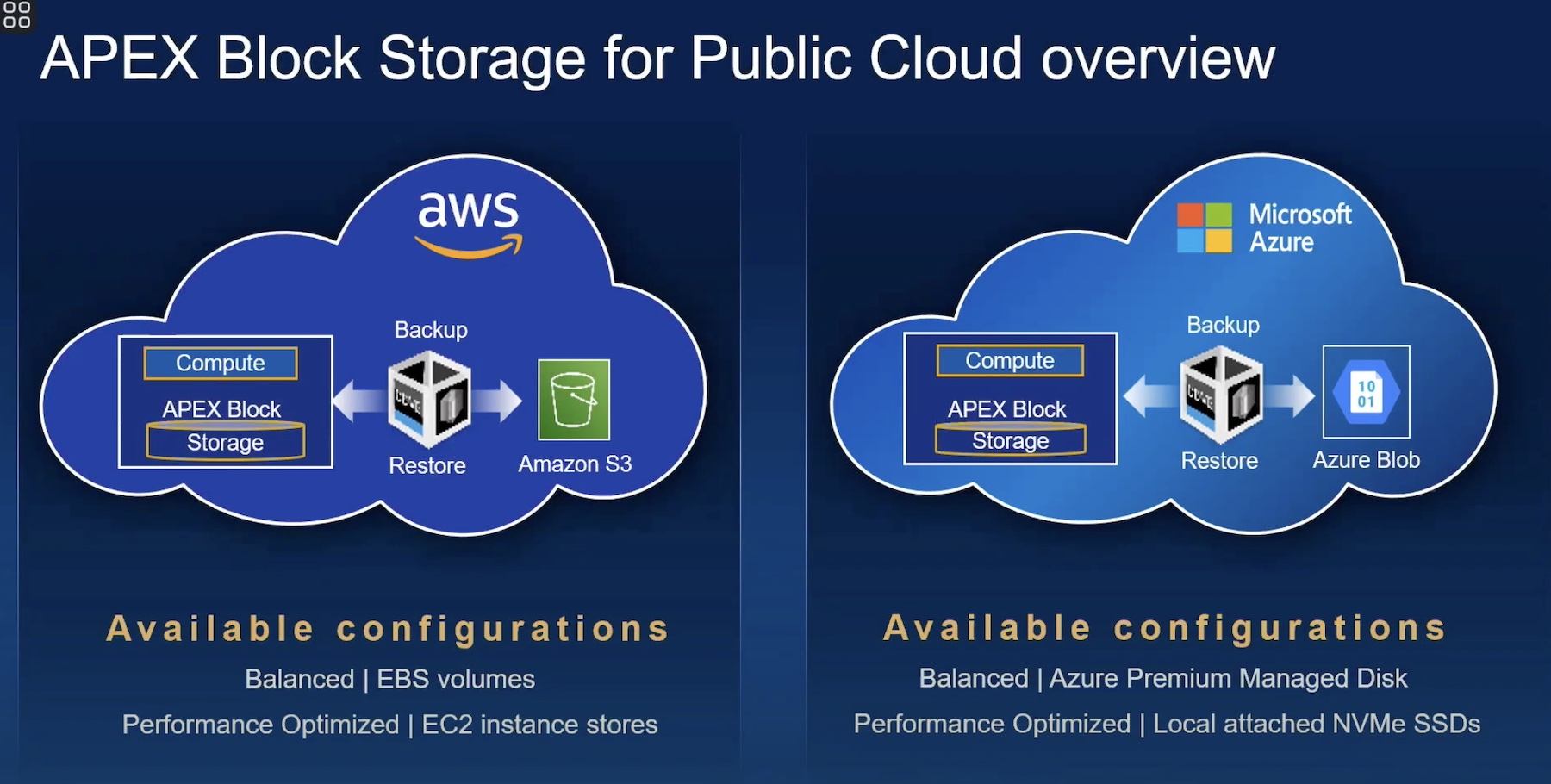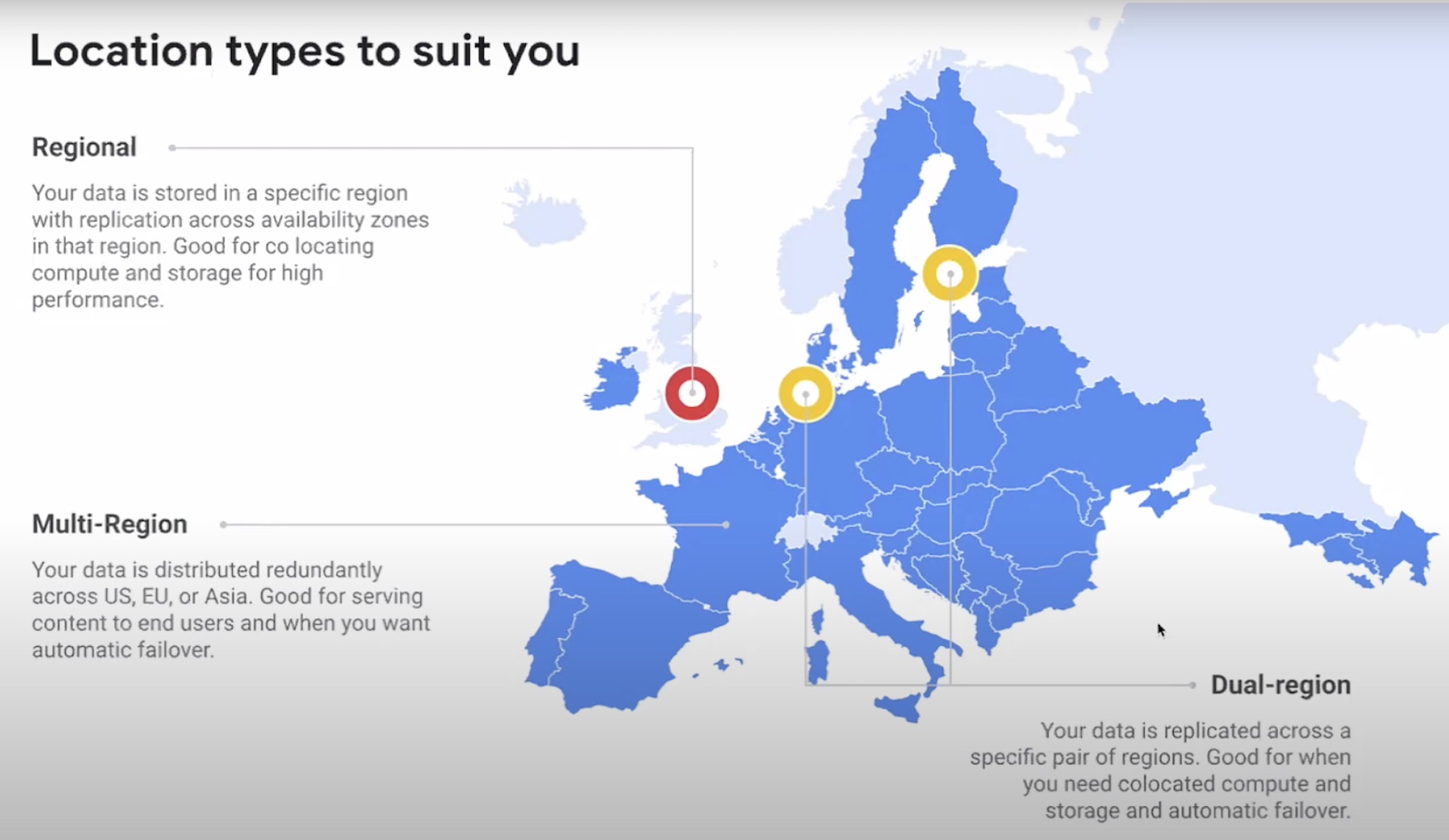In June, AWS announced the launch of a new service, Amazon Honeycode. This is a fully managed platform to let organizations build web and mobile apps without writing code. Honeycode comes with a bunch of templates that can be easily customized for some fairly standard office tasks, like task tracking and project management. And AWS is not alone in approaching this market. Google Cloud acquired AppSheet earlier this year to provide similar functionality.

The question is, do these public cloud providers see these platforms as an end in and of themselves? Or does this effectively lead to generation for further AWS services? Give an organization a taste of being able to create a custom app, but knowing that they will inevitably run into frustrating limitations with any no-code platform. This isn’t to say I think either cloud provider would intentionally cripple these services, even if their plan was to use them to draw customers further into their ecosystem. Rather I think it’s an inevitable part of having an app platform with no code that effectively has to be run off of a spreadsheet.
In the end, Honeycode might find a reasonable home on the edge cases. There are probably enough small businesses that have the legitimate need for some basic business apps, but will almost certainly not have a budget to hire a developer. For these, the question becomes about taking the time to learn enough programming to build something usable, or just using a platform like AppSheet or Honeycode. Of course, this assumes that there wouldn’t be a reasonably priced SaaS app that would meet these organizations’ business needs and be readily available. Given the surfeit of choice in that market, it does make me wonder how many potential customers these platforms will have long term.




